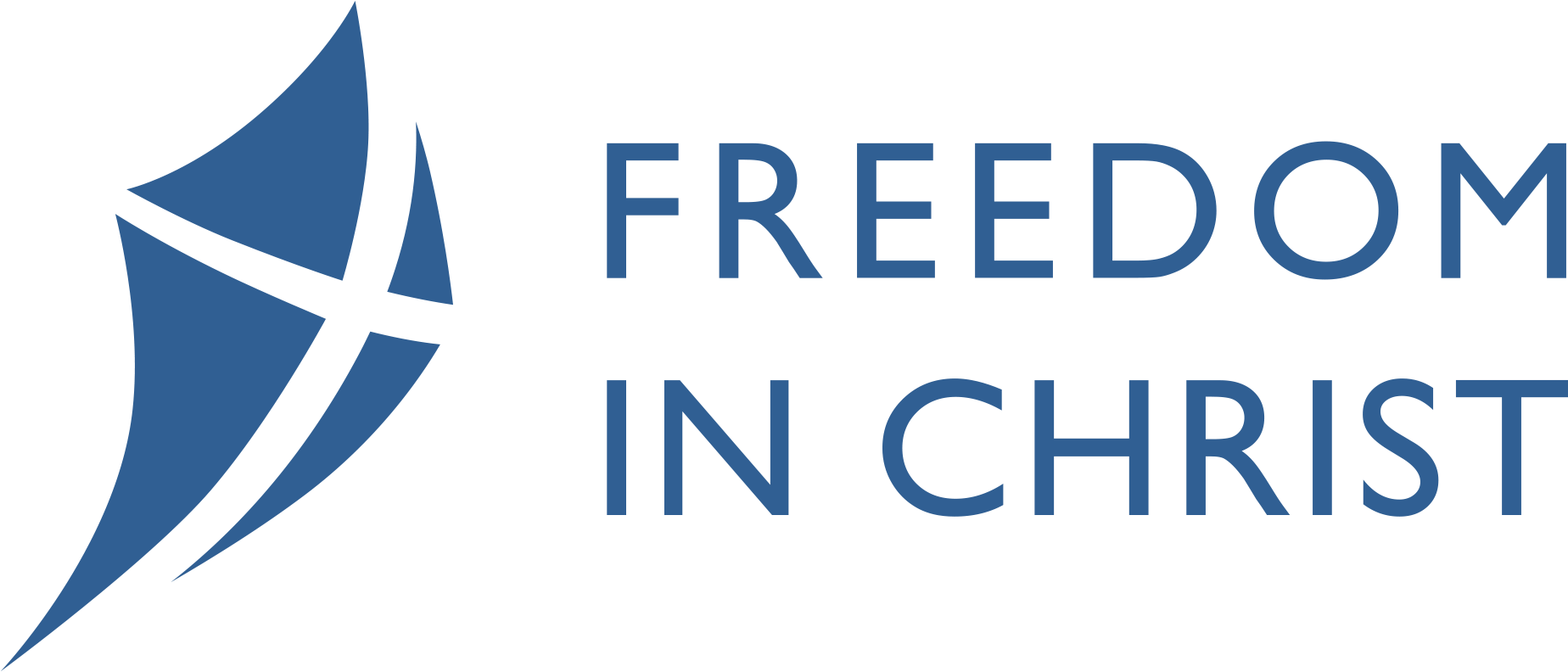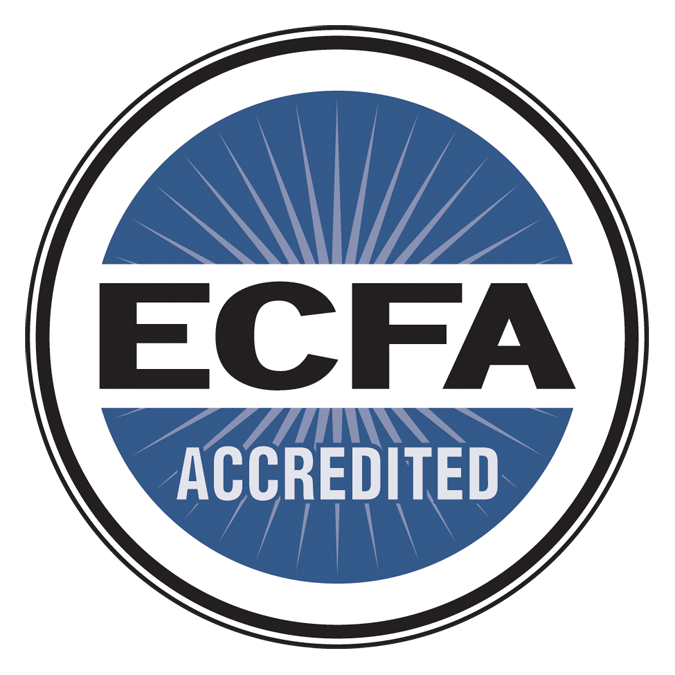Beyond Cognitive Behavioral Therapy
By
Dr. Neil T. Anderson
While I was conducting a “Living Free in Christ” conference in Grand Rapids, Michigan, Judy King, a licensed Christian therapist, decided to do some informal testing on those who were in need of personal counseling. The subjects of her study were those who attended the conference and requested a “freedom appointment.”
They were given a questionnaire before their appointment and then again three months later. The counseling appointment was for one extended session and was conducted by a lay encourager who was trained to take a person through the “Steps to Freedom in Christ.” The results showed 52% improvement in depression, 47% improvement in anxiety, 57% improvement in tormenting thoughts, 48% improvement in personal and spiritual conflicts, and a 39% improvement in negative habits or behavior.
An independent research group headed by Dr. George Hurst from the University of Texas Medical Center found similar results after our conference in Oklahoma City. The same group conducted more testing after a conference in Tyler, Texas later in 2000. No attempt was made to determine what the counselee’s individual problems were before the pretest was completed. In other words, some asking for appointments may not have been depressed or overly anxious, which makes the results even more impressive. In January, 2000, I taught a Doctor of Ministry class at Regent University. Dr. Fernando Garzon who taught in their Psychology department requested permission to conduct some research on the students. The class was a one-week intensive, meeting eight hours every day. The students were working on their Master of Divinity, Doctor of Psychology, and Doctor of Ministry degrees. Dr. Garzon used the same questionnaire that Judy King used plus the students took a pre-test and post-test using the Rosenberg Self-Esteem Inventory, the Beck Anxiety Inventory and the Symptom Checklist 90-R. Dr. Garzon reported the results of his research; “Statistically significant reductions were found in several scales of the SCL-90-R (global severity index, anxiety, depression, obsessive-compulsive, interpersonal sensitivity, hostility, somatization, paranoid ideation, and psychoticism). Anxiety was reduced as measured by the Beck Anxiety Inventory, and statistically significant increases in self-esteem and spirituality items were also found.”
How does one explain such significant results? I can assure you that the results we are seeing routinely in our ministry have little to do with our personal skills as counselors. In fact we have no professionally trained counselors on our staff. The editors of the Journal of Psychology and Theology asked the critical question. What is Freedom in Christ Ministry doing that is different from standard cognitive therapy which is well accepted by both Christian as well as secular counselors? In other words, “if Neil taught a class (or conducted a conference) and the students experienced significant improvements, isn’t that just cognitive therapy being conducted on a group level?” The answer is “yes, cognitive therapy was a part of the process, but no, that would not explain the results.”
From a Christian perspective, Cognitive therapy is very close in concept to repentance, which literally means a change of mind. The cognitive therapy process could be summarized as follows:
- First, the client is helped to see the connection between negative thoughts, the emotions they create, and the behaviors that follow.
- Then the client is taught to recognize and monitor negative thoughts or distortions of reality. Thoughts or beliefs leading to negative feelings and improper responses to life are identified as ineffective or dysfunctional.
- Next, the client examines the evidence for and against such distorted thinking or perceptions of reality. What does the evidence indicate? Is the client going to continue to think in this way, to believe what is being thought, and to act accordingly-or will the client change? This is decision time.
- If the client concludes that what has been believed is not true and that his or her perception of reality was not right, then the client must substitute new ways of thinking/believing and responding.
- Finally, the client is helped to identify and change the inappropriate assumptions that predisposed him or her to distort the experience in the first place.
Such a process is not only appropriate for Christian pastors and counselors; it is extremely helpful for those seeking answers for their life. Biblical preaching and teaching can accomplish the same thing although the process is less personal and interactive. However, cognitive therapy as outlined above is not enough by itself to produce the kind of fruit that we believe every pastor and Christian counselor can.
In researching for our book, Freedom from Fear, I came across a book by Dr. Edmund Bourne entitled Healing Fear, which was published in 1998. Dr. Bourne wrote an earlier book entitled, The Anxiety and Phobia Workbook, which won the Benjamin Franklin Book Award for Excellence in Psychology. A second edition was published in 1995, after which he went through the worst period of anxiety in his own life. It caused him to reevaluate his own life and approach to treatment. In the forward to his latest book, Dr. Bourne wrote:
The guiding metaphor for this book is “healing” as an approach to overcoming anxiety, in contrast to “applied technology.” I feel it’s important to introduce this perspective into the field of anxiety treatment since the vast majority of self-help books available (including my first book) utilize the applied technology approach. These books present-in a variety of ways-the mainstream cognitive behavioral methodology for treating anxiety disorders. Cognitive behavioral therapy reflects the dominant zeitgeist of Western society-a worldview that has primary faith in scientifically validated technologies that give humans knowledge and power to overcome obstacles to successful adaptation . . . .I don’t want to diminish the importance of cognitive behavioral therapy (CBT) and the applied technology approach. Such an approach produces effective results in many cases, and I use it in my professional practice every day. In the past few years, though, I feel that the cognitive behavioral strategy has reached its limits. CBT and medication can produce results quickly and are very compatible with the brief therapy, managed-care environment in the mental health profession at present. When follow-up is done over one-to three-years intervals, however, some of the gains are lost. Relapses occur rather often, and people seem to get themselves back into the same difficulties that precipitated the original anxiety disorder.
To get beyond CBT, Christians need to consider three critical issues. First, giving people the words of Christ without possessing the life of Christ will prove insufficient. Christianity is a righteous relationship with God, not just an intellectual exercise. The truth will set you free and Jesus is the truth. Dead orthodoxy is just that: dead! Jesus came to give us life, and without the life of Christ we lack the power to live a righteous life. Our approach to counseling is based on the need to help our people get right with God by resolving personal and spiritual conflicts. The Steps to Freedom in Christ (Steps) is just a tool to help people submit to God and resist the devil. The Steps don’t set you free. Who sets you free is Christ, and what sets you free is your response to Him in repentance and faith. The Steps, like any tool, can be used rightly or wrongly.
Second, we understand Christian counseling to be primarily an encounter with God as opposed to some learned technique. Jesus is the wonderful counselor and only He can set a captive free and only He can bind up the broken hearted, and only He can make us new creations in Christ, and only He can transform a sinner into a saint. Nobody can fix your past. But you can be free from your past if you are a new creation in Christ. Because of the Gospel, it is the birthright of every believer to be alive and free in Christ. The pastor, Christian counselor, and properly equipped lay person are a facilitator in the ministry of reconciliation. When one Christian sits down to help another, there are not just two people present. God is omnipresent and each person has a role and a responsibility, which the other can’t usurp and still be effective.
Third, CBT will not be effective if the counselor does not take into account the reality of the spiritual world or the potential that the suffering person could be paying attention to a deceiving spirit. We have been clearly warned by the Apostle Paul; “The Spirit clearly says that in later times some will abandon the faith and follow deceiving spirits and things taught by demons” (1 Tim. 4:1). Paul also said, “I am afraid that just as Eve was deceived by the serpent’s cunning, your minds may somehow be led astray from your sincere and pure devotion to Christ” (2 Cor. 11:3). Such obvious Scriptural passages and years of experience have helped us to understand that many people considered to be mentally ill are actually experiencing a spiritual battle for their minds. Every believer is admonished in Scripture to take every thought captive to the obedience of Christ (2 Cor. 10:5), put on the armor of God, choose to think upon that which is true, pure, and lovely, etc., (Phil. 4:6-8).
We were all born dead in our trespasses and sins (Eph. 2:1), i.e. we were born physically alive, but spiritually dead. During those early and informative years of our live we had neither the presence of God in our lives or the knowledge of His ways. So we all learned to live our lives independent of God. Then one day we were born-again spiritually, but nobody pushed the clear button in our memory bank. That is why we still struggle with many of the same things we did before our conversion. The Apostle Paul explains what must happen. “Do not conform any longer to the pattern of this world, but be transformed by the renewing of your mind” (Rom. 12:2). CBT contributes to that process, but not without the presence of Christ who gives us life nor without the Holy Spirit who leads us into all truth.
I had the privilege to co-author a book with Dr. Terry and Julie Zuehlke entitled, Christ Centered Therapy (Zondervan) and subtitled “The Practical Integration of Theology and Psychology. Both Terry and Julie have secular degrees. Terry has a Doctorate in Psychology and Julie has her Masters Degree in Psychiatric Nursing. They both began their practices in the market place as religious non-believers. Then they both came to Christ and struggled with integrating their newfound beliefs into their secular practices. Finally, Terry founded his own Christ-Centered practice in the suburbs of Minneapolis with offices around the state of Minnesota. Julie is on staff at Crystal Evangelical Free Church overseeing their care ministries. More than 2000 people have found their freedom in Christ through the ministry of that church. They have the working model that Freedom in Christ Ministries encourages other churches to adopt. Our passion is to see that churches and professional counselors consider how to work together and integrate the above three issues into their practice along with a biblical use of Cognitive Behavioral Therapy so that God’s children can live free and productive lives in Christ.
I close with some final words from the book, Healing Fear by Dr. Bourne:
In my own experience, spirituality has been important, and I believe it will come to play an increasingly important role in the psychology of the future. Holistic medicine, with its interest in meditation, prayer, and the role of spiritual healing in recovery from serious illness, has become a mainstream movement in the nineties. I believe there will be a “holistic psychology” in the not too distant future, like holistic medicine, [that] integrates scientifically based treatment approaches with alternative, more spiritually based modalities.

